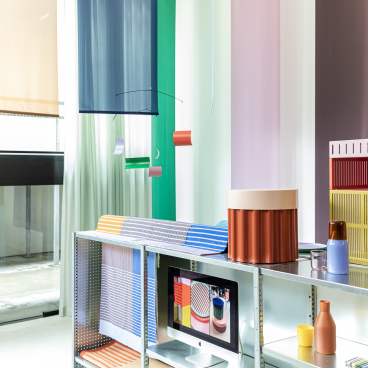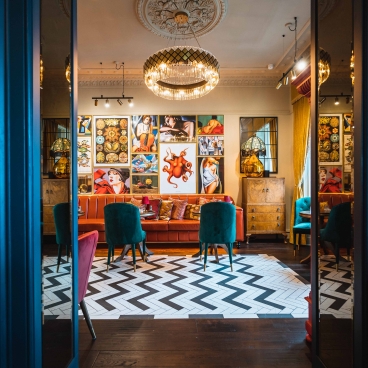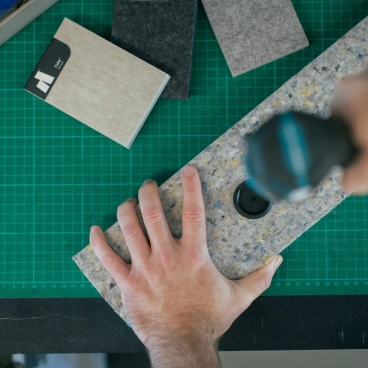How it's made: Factory tour at Vepa, Netherlands.
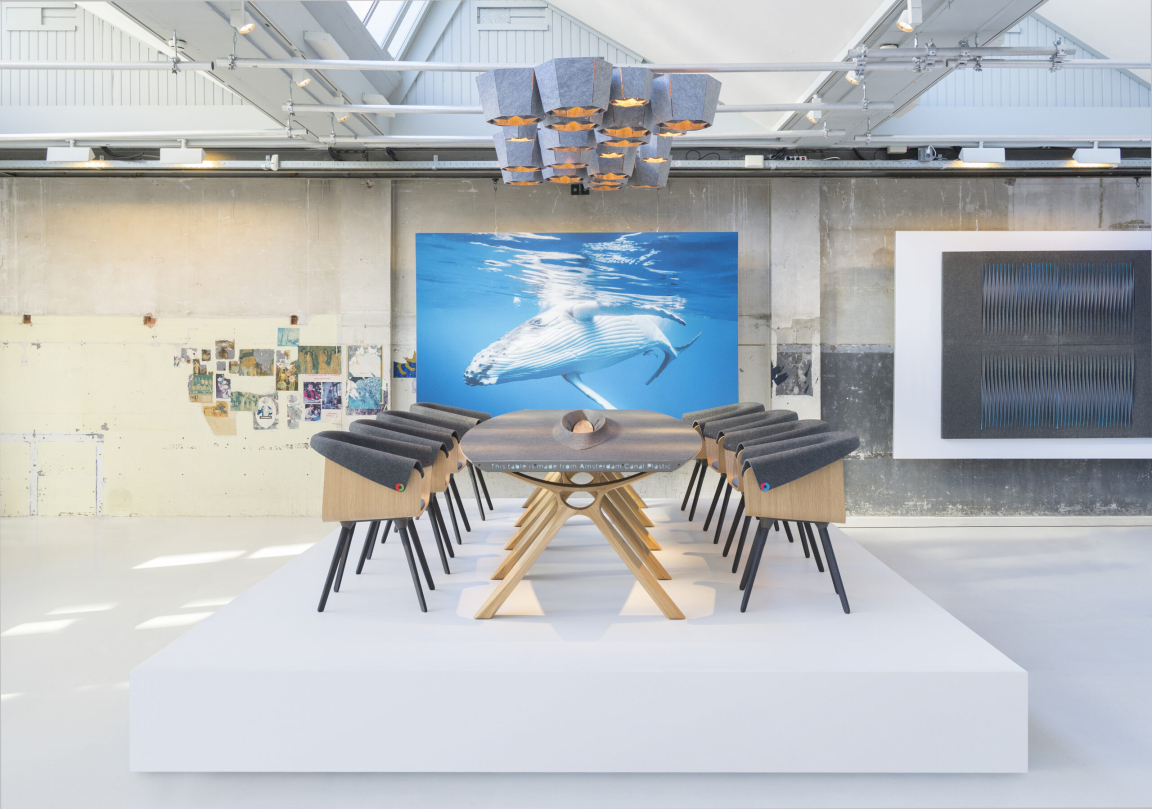
Plastic Whale
The word 'sustainability' can be considered either a noun, or a verb. At Vepa, it is unquestionably regarded as the latter.
After an inspiring trip to Vepa's factories in Emmen and Hoogeveen, Netherlands, rounded off with plastic fishing in the Amsterdam canals to support the Plastic Whale initiative, our team returned buoyant from being immersed in the wealth of positive action undertaken by the family firm. Not because it has to, but because it is clearly at the centre of its DNA. And has been from the outset.
From the GreenField outdoor education and research facility where the likes of hemp and flax is grown then combined with bio-resin to form a naturally derived basis for chairs, stools and tables, in addition to fresh fruit and vegetables grown to feed 70 local families, to a refurbishment centre which upcycles not just Vepa furniture, but pieces made by other companies to divert would-be waste back into circulation, every bit of the material sourcing and manufacturing process is carefully considered and responsibly crafted.
This extends through to the wellbeing of its team members. Due to the scale of the factory in Hoogeveen, for example, lunch breaks were often spent walking from one side to the other to reach the breakout space. In response, a bricks-and-mortar house is currently being constructed right in the middle of the factory with a thatch roof inspired by the surrounding Dutch architecture to allow breaks to be taken fully and in a more comfortable setting.
It's witnessing this type of activity first-hand that makes factory visits so worthwhile. It's the anecdotal bits in between that a brand may not ever communicate formally, but that all adds up to making its values really stand true. It was only while physically walking through the offices in Hoogeveen that we spotted Dutch lessons being given to support non-Dutch speaking team members. Just another example of a small gesture that makes a big impact.
With all of the above in mind, here we share a whistle-stop tour of what we learnt on our visit to Vepa in Emmen and Hoogeveen - where a combination of wood- and metalworking, upholstery, and finishing takes place.
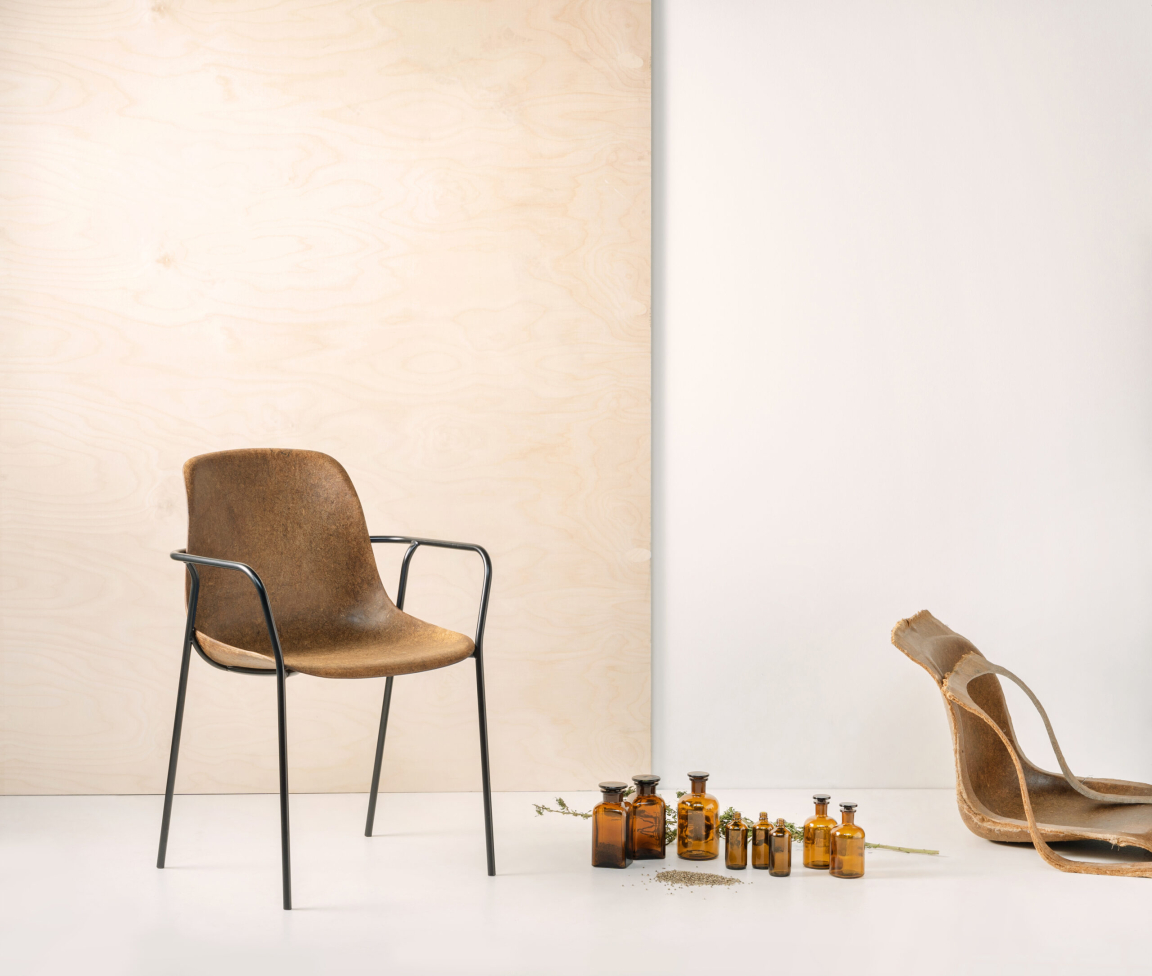
Hemp
Emmen
Vepa is part of a family-run business started in 1951, and as was outlined in our introduction from Maurice Bischop, export manager, Fair Furniture Group, this plays a central role in the way it operates. Growth, though not necessarily off the cards, has been organic, and decisions are well-thought-through. This has meant it's evolved in a way that's right for all, allowing its roots in the Netherlands to steadily reach Belgium, Germany, and the UK, with France and Scandinavia next.
People & planet
More than 600 people currently work as part of the Fair Furniture Group team, and the role of employer is one it takes seriously. Craftsmanship is key to the creation of Vepa's products - and those of the other brands in the Fair Furniture Group portfolio - and so the nurturing of skills is provided through a dedicated Academy. Investment is also a key area of focus, with machinery adopted in collaboration with humans to enhance efficiency while retaining the hand-finished touch.
As well as people, the planet is placed at the centre of product selection and process. The Plastic Whale partnership being just one such way Vepa works with its local community to transform would-be waste into furniture to be cherished over time. Other by-products such as coffee bags, and biomaterials such as hemp, are utilised in innovative ways to produce chairs and tables that not only look stunning but are made through the lens of environmental responsibility too.
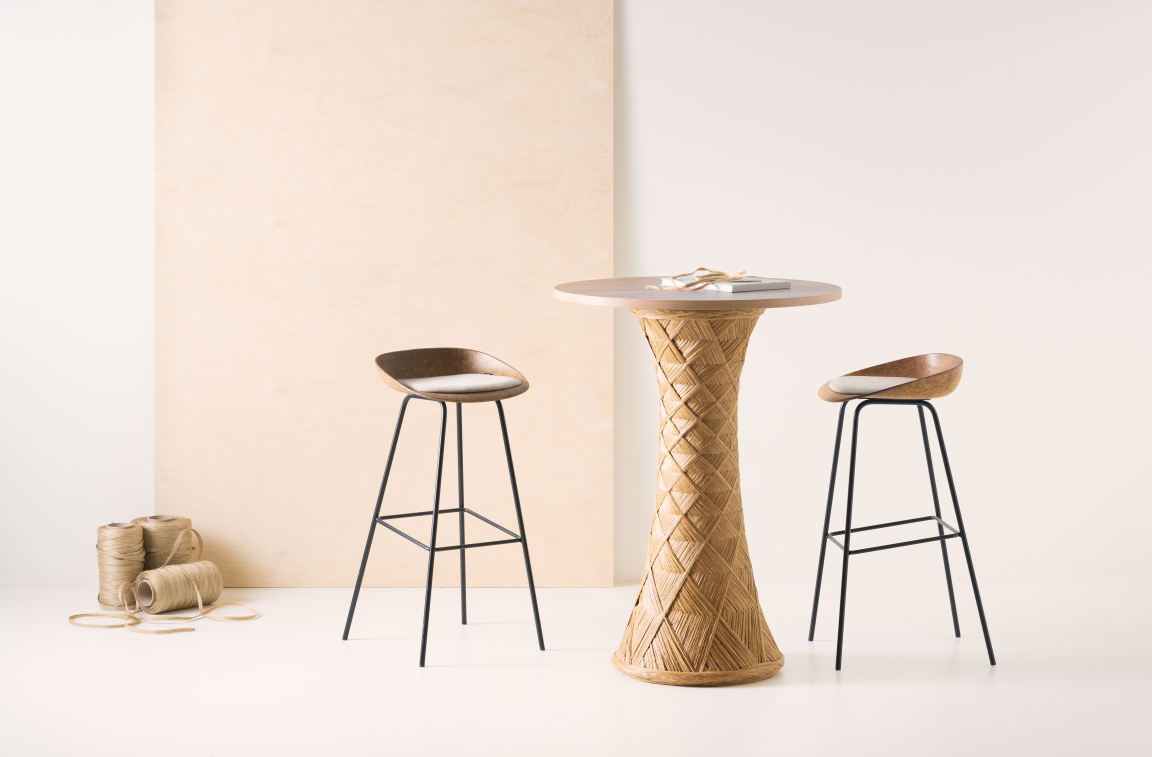
Flax
A creative approach
The creative overseeing eye of the business is Gertjan de Kam. He appears in many of Vepa's promotional films, and was busy working at Hoogeveen when we visited. His think-outside-the-box attitude is evident in every Vepa piece - from the materials to the calming curves to the organically grounded colour palettes.
This understanding of the market's needs has filtered through into a takeback scheme, where the factory in Emmen not only upcycles Vepa furniture, but the furniture of could-be competitors too.
It's a macro approach - wider thinking - that Maurice explains is very much driven by the government here. There is a real push for zero waste, and that has encouraged innovation, which the rest of the world can benefit from. Vepa's first bio-based chair, for example, was made back in 2020, when biomaterials were still relatively in their infancy in the UK.
This has led to Vepa's GreenField initiative, located at the back of its Emmen factory. Akin to a nature reserve, an expanse of rugged habitat is home to local wildlife, and an allotment grows fresh food to feed 70 families (donated through a food bank). Hemp was also sown here to craft the first credenza unit prototype (on display in the factory). It is well-used by school children, and serves as both a highly functional area and a space that team members can enjoy on their downtime too.
Hemp is still an important part of Vepa's offering, and we saw the making of the new wall panels and chairs whilst visiting Emmen. Reuse is also considered, with blankets for shipping made from leftovers from the upholstery department.
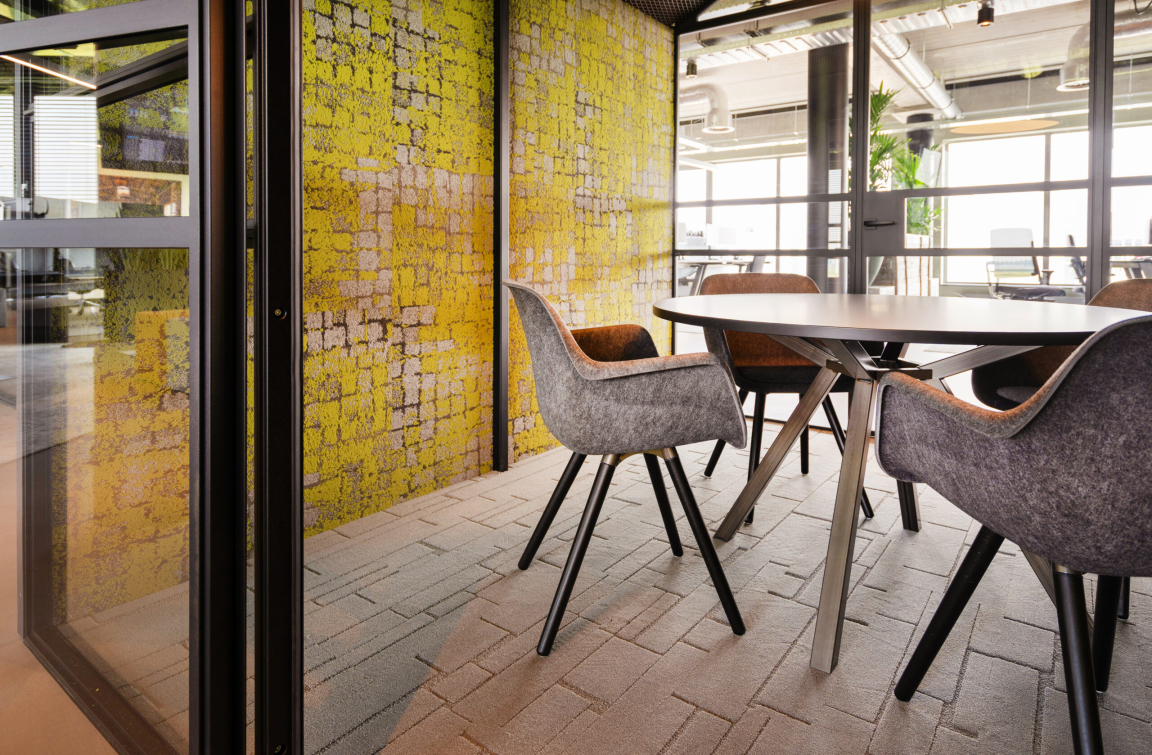
Felt
Sector support
Vepa's offering spans stock and bespoke. The latter being what designers are looking for, says Maurice. And Richard Olver, sales director, Vepa UK, explained the stock collections can almost be viewed on a sliding scale: from Felt to Hemp, Flax and Finn (100% recycled plastic).
While walking around the Emmen showroom we saw many products with a bespoke twist, including recycled plastic Wybelt stools with shredded credit cards created for a bank client, and a task chair - BeHybrid - made using ultrasonic welding (yes, that's a thing).
Everything on display had been designed to be dismantled. Though in Holland, this has to be done, the call for reuse is loud and clear across Europe and beyond. And so, in all of the ways we have mentioned, Vepa is primely positioned for supporting the future proofing of commercial interiors we so desperately need to ensure.
Hoogeveen
Just a short drive from the picturesque town of Emmen, Vepa's Hoogeveen site is where its products are finished and showcased.
Giant letters spelling Vepa greet visitors on arrival, surrounded by a gorgeous array of product combinations. We were particularly taken with a Felt chair in new colourway Masala. Full roomsets provided visual inspiration around how products fit together in workspace settings. Desking with various items of furniture in a mint green palette could have been picked up and placed in a workplace scheme and fit perfectly.
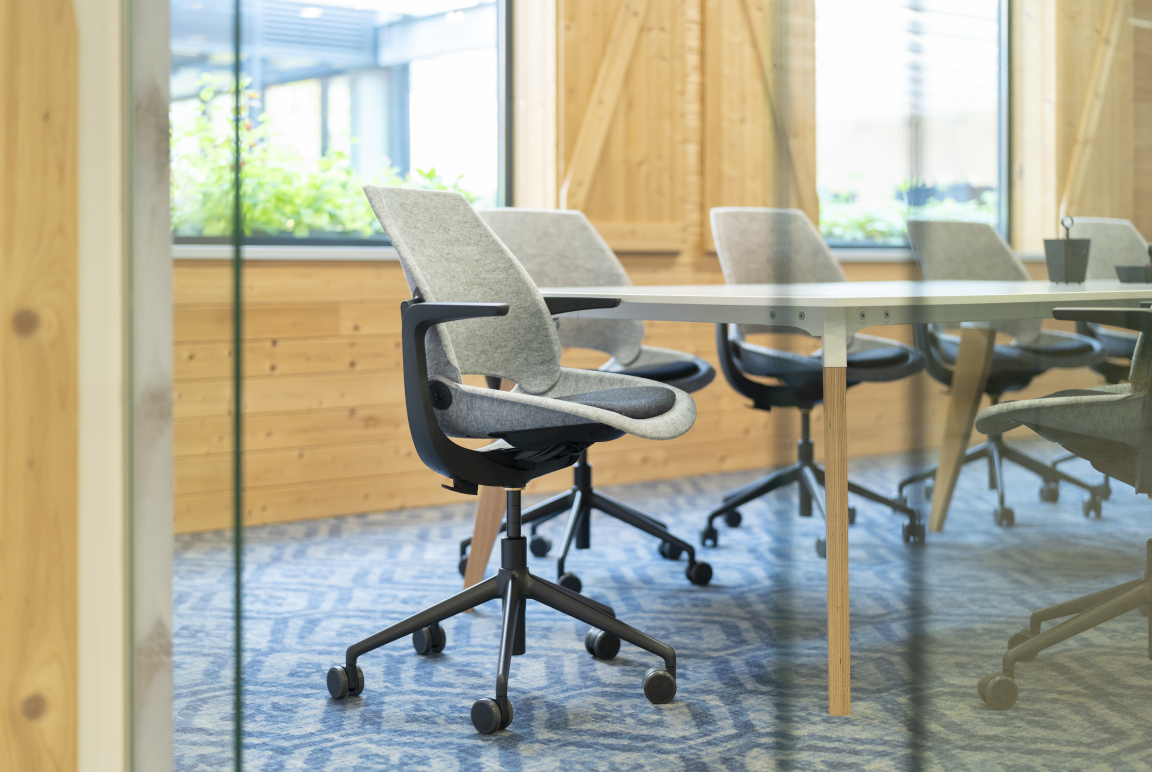
BeHybrid
Good for planet
As well as aesthetics, the circularity of each product was conveyed here too. The entire Plastic Whale by Vepa collection makes a striking impact with a boardroom table, chairs, lamps, panels and side tables, all created from recycled plastic - fished from the Amsterdam canals; chairs can be dismantled and re-powder coated to give a new lease of life; flax lampshades are made from natural materials; cushions can be reupholstered - with every piece on display, Richard can tell us exactly what can be done to repurpose or recycle it for future use.
The factory itself also harnesses hydrogen for power - reducing energy consumption enormously.
Great for people
Alongside investing in circular materials, Vepa also invests in physics. This is to ensure optimum ergonomics, because as well as needing to look good, and be responsibly made, the furniture also has to be comfortable.
Texture is considered throughout, the new collections include options for a smooth or textured finish. The desks Vepa offers are sit and stand and the mechanics run smoothly too [built in partnership with Fellowes]. They also have in-built technology for seamless cable management and charging, streamlining workflows.
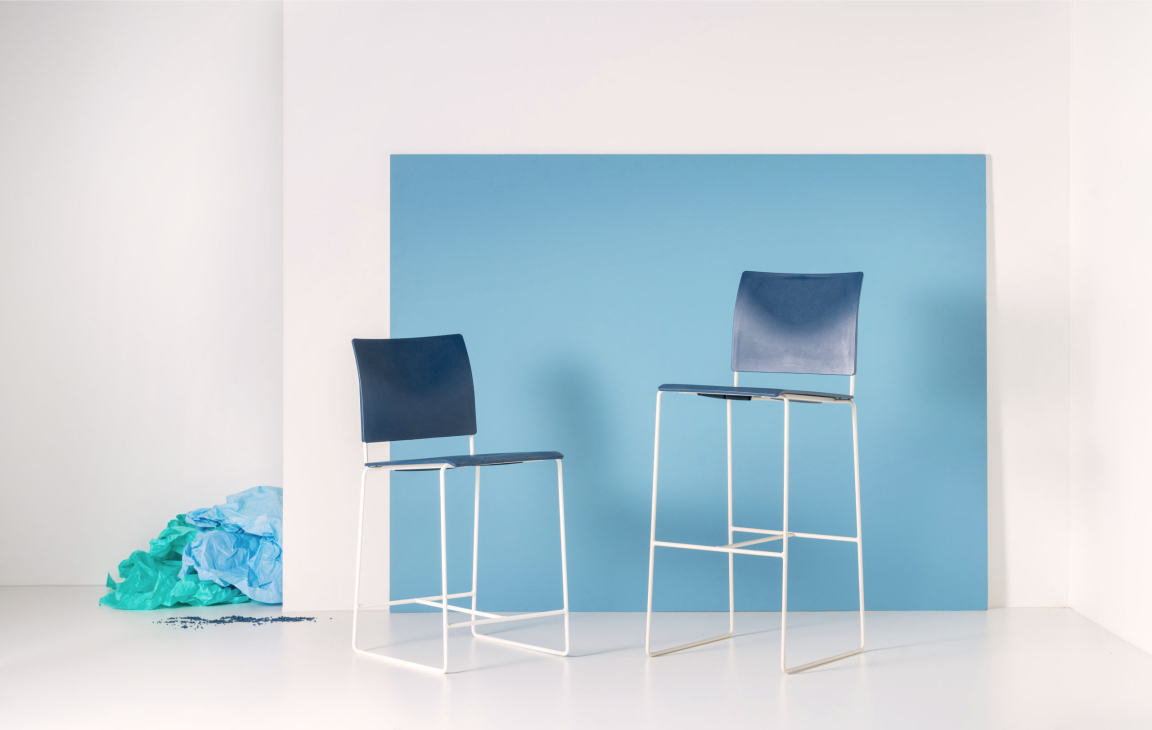
Blue Finn
What's next?
Vepa recently exhibited at Orgatec, and its stand was possibly the most talked about. Perhaps having read the piece so far you'll be unsurprised by that. For all of the aforementioned reasons, Vepa is growing. By 1 January 2025, the Hoogeveen factory will double its capacity. When we visited lots of new machinery was being installed and tested to improve efficiency.
Anything that's not done in Holland is manufactured in Telford, UK, where upholstery and assembly is the team's speciality. Vepa can work with any fabric supplier to once again ensure sustainability and customisation for its clients.
As we drank our last cup of coffee in Holland (Pure Coffee, made through an initiative that supports the rehabilitation of people on their release from prison), and headed to Amsterdam to fish for plastic, we excitedly discussed the installation of Meeting Space 6 at Material Source Studio Manchester - which is now ready to use. We're looking forward to introducing more of Vepa's story, and urge you next time you're in our Studios to visit the PODs at Material Source Studio Manchester & Glasgow, where Vepa is a Partner.
More on Plastic Whale to come, and in the meantime, a huge thank you to Vepa's Richard Olver, and Maurice Bischop for hosting us on what was a fantastic trip. Click here to discover more about Vepa's latest sustainable furniture collections.


